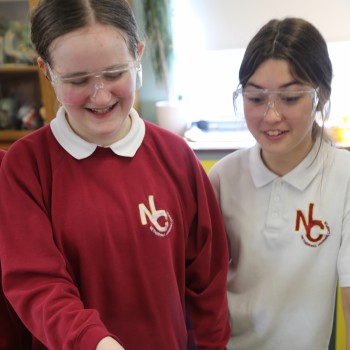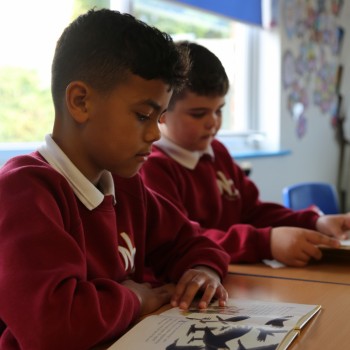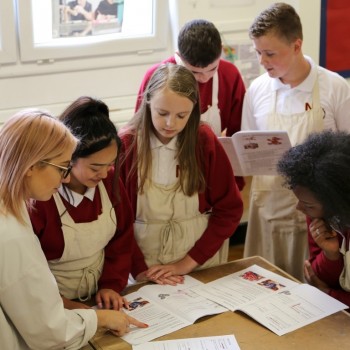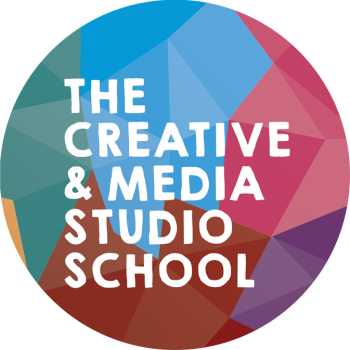Music
Why study Music at Netherhall Learning Campus High School?
Music lessons, peripatetic instrumental/vocal lessons and extra-curricular activities provide students with the opportunity to experience musical sound through performing, composing and listening based learning tasks. By enabling our students to access and study a range of music from different cultures, historical contexts and styles, they are able to become intelligent consumers of music who have an appreciation for and awareness of musical and cultural conventions. Our students are provided with the opportunity to showcase their talents at a range of events throughout the academic year and are supported to improve and grow as musicians, and as well-rounded individuals, through the study of music.
Why does Music matter as a subject?
Music is a universal language. It pervades our daily lives and whilst we do not all share the same musical traditions, tastes or values, music is present and, to varying degrees, has value in everybody’s life. Similarly to the way music itself can offer many things to us on many different levels, so too can music education.
The music curriculum has been created to provide young people with a range of musical experiences that they may not otherwise be able to access in their lives outside of formal education. By studying music in school, young people are provided with a safe environment to explore their creativity and emotional freedom, to cultivate new skills and to understand how musical experiences can benefit them personally, this includes developing teamwork and communication skills, developing their self-esteem and confidence, learning to persevere and developing resilience. Moreover, it provides them with a vital opportunity for simultaneous intellectual, social, personal and creative development that may not be accessed in the same way elsewhere in the curriculum.
What does Music help young people to achieve?
Music education is widely considered to promote and nurture many of those desirable traits and life skills that young people are required to develop in order to become positive contributors to society, exceptional leaders and creative thinkers.
Beyond the intrinsic value of music to cultures worldwide, music education has been proven to equip students with the fundamental abilities to learn, for example enhancing fine motor skills and developing a superior working memory. It also assists student academic achievement in other subject areas by improving students’ ability to recall and retain verbal information and enhancing thinking skills.
Furthermore, it allows students to develop the capacities, skills and knowledge essential for lifelong success, such as fostering resilience, perseverance, creativity, confidence, self-esteem and the ability to communicate in different ways. Additionally, for those students who are passionate about music and wish to pursue a career in the arts, studying music at school prepares them for this and supports them in achieving this goal.
Rationale:
In KS3 we aim to promote a passion for music, give pupils an understanding of how music has developed over time and through different cultures. It gives pupils the opportunity to explore the way that the subject has evolved over time and consider its impact on the wider world.
Music is taught across the age and ability range by a team of four specialist teachers. The department has its own suite of teaching, rehearsal and practice rooms as well as a well-equipped recording studio.
As well as learning about structure, composition and different musical traditions, students have every opportunity to write and perform their own and others’ compositions. They are also encouraged to learn an instrument join and extra-curricular activity or to progress their existing musical skills and ability further.


 Welcome from the Principal
Welcome from the Principal


